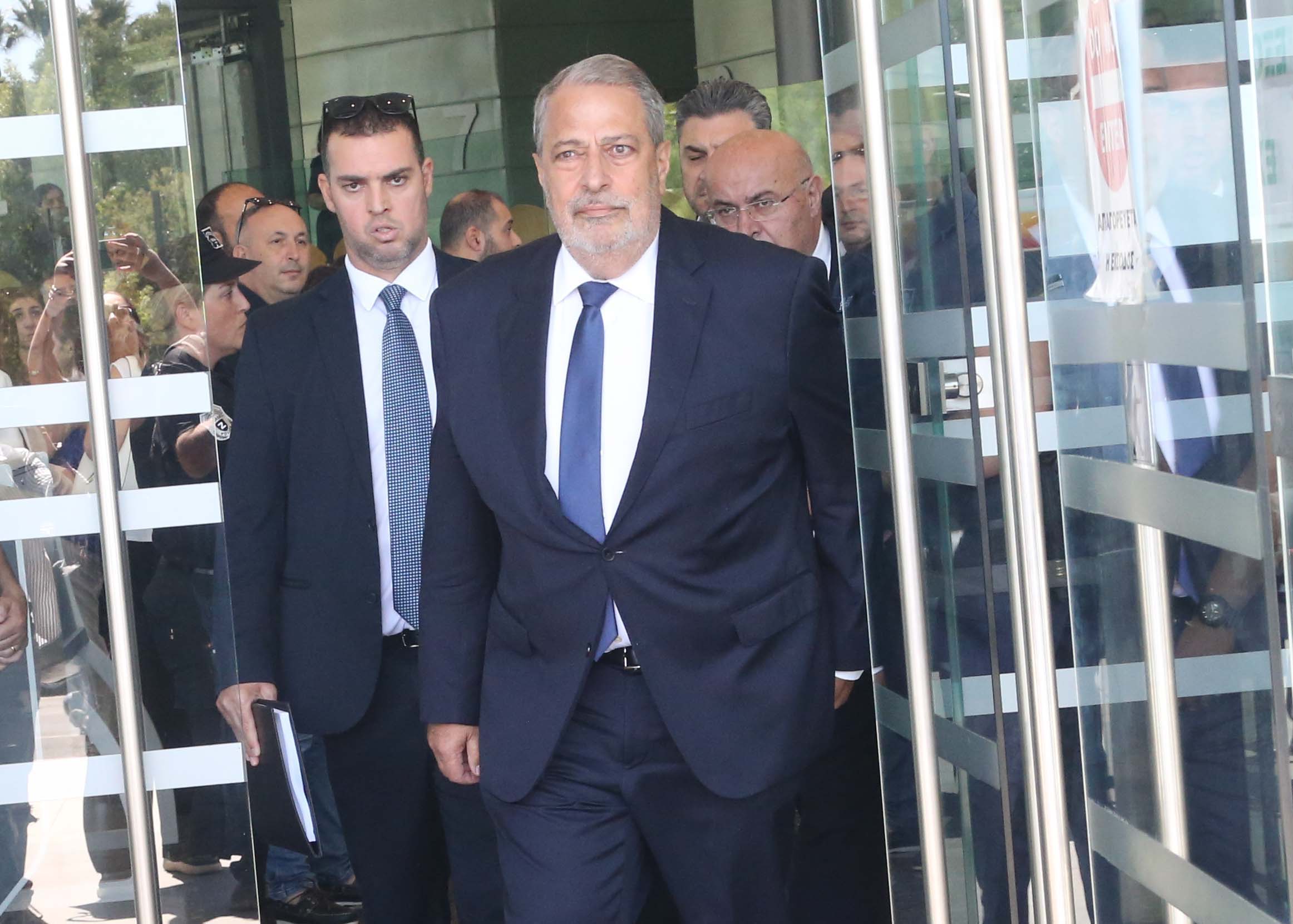Discussions begin on Wednesday at the House of Representatives regarding the legal framework concerning the distinction of the current double role of the attorney-general, with the creation of a general public prosecutor.
A total of 38 bills approved by the cabinet on July 2 will be on the table at Wednesday’s House legal affairs committee.
The attorney-general, the justice minister and representatives from the police, the Cyprus Bar Association, trade unions Pasydy and Isotita, inter alia, have been invited to attend the meeting.
Meanwhile, President Nikos Christodoulides said on Wednesday that the reforms and the modernisation of the 1960 state was “one of our main priorities as a government”.
Speaking before a cabinet meeting, he said important reforms had already been promoted, such as the digitalisation of the state and cutting red tape, as well as the automatic inclusion in the electoral roll from age 17.
“We are pressing on with reforms in all sectors. Reforms always cause reactions,” the president added.
Justice Minister Marios Hartsiotis said last week that the unaudited status of the attorney-general is not included in the package of bills on the reform of the legal service, which is set to be discussed on Wednesday at the House.
He explained that this issue would be regulated by a separate bill in collaboration with the Supreme Court.
Speaking at the House institutions committee during a discussion on the European Commission’s report on the rule of law in Cyprus, Hartsiotis had said the bill for the attorney-general had been drafted and sent for legislative examination, with the aim of tabling it at the House the soonest possible.
This issue, he said, was handled differently due to the involvement of the Supreme Court, as it is considered that it should be the institution monitoring the decisions of the public prosecutor.
Hartsiotis said that the non-prosecution and the suspension of a prosecution would be sent to the Supreme Court, however he warned that there were thousands of applications for the suspension of criminal prosecution and it would not be practical if they all ended up at the Supreme Court.
The questions arising, he added, were many. Nevertheless, he appeared optimistic that the bill would soon be promoted to the House along with the rest of the bills in the framework of the legal service’s reform.
In June, attorney-general George Savvides made public his objections to the government’s planned reforms to the legal service.
Attending a roundtable discussion at the University of Cyprus on the matter of the reform, he said the legal service had carried out “a huge amount of work to evaluate the bills” which were submitted to it on the matter last autumn.
He said the high number of bills is due to “many laws and international conventions” which must be adhered to.
In addition, he expressed his own reservations regarding the bill, saying that “one should be concerned about the fact that I was not asked by the executive branch whether or not the reform should be carried out”.






Click here to change your cookie preferences